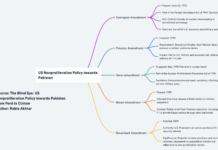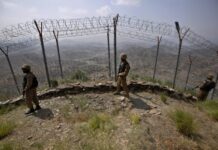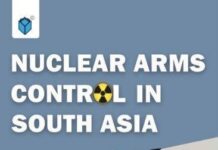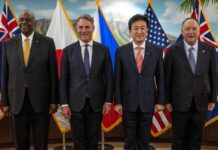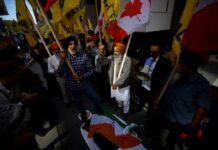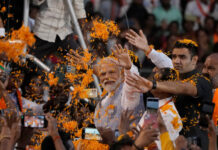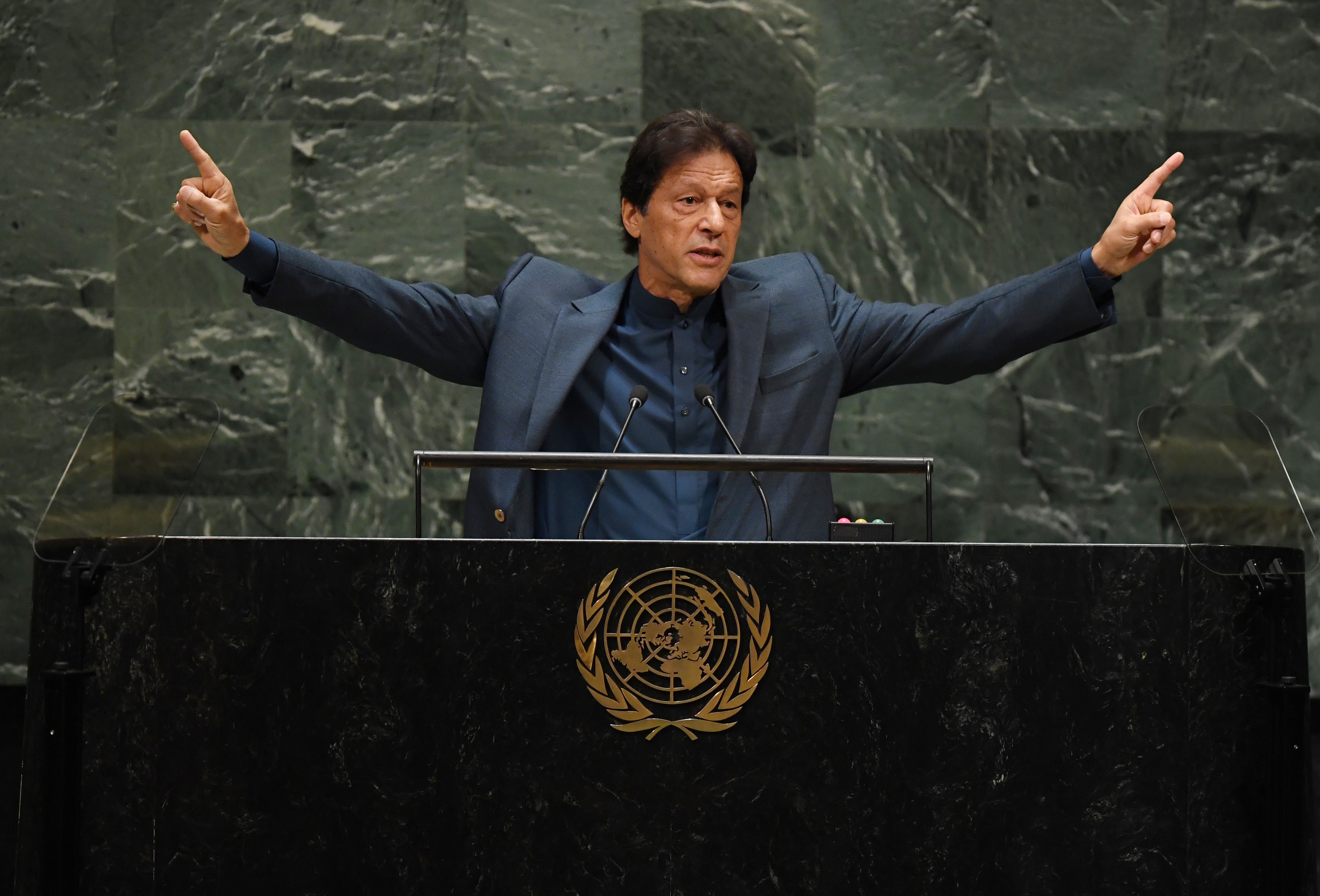Syed Ali Zia Jaffery
Pakistan’s Prime Minister, Imran Khan was a man on a mission in his maiden appearance at the United Nations General Assembly(UNGA), last month. As unprecedented as it gets, Khan had 73 engagements in his 7-day trip that culminated in arguably the most fervent and hard-hitting speech by a Pakistani leader on the UN podium. Khan’s campaign was dubbed ‘Mission Kashmir’, for he wanted to take up the case of the Indian Occupied Kashmir (IOK) in the biggest gala of international diplomacy. If one were to look at the level of attention garnered by the simmering situation in Kashmir before Khan embarked on his visit, and compare it with the global coverage and outrage it is getting now, Khan certainly achieved the foremost objective of his UN campaign. That said, there is a need for Islamabad to use the space and momentum created by Khan, to create an effective strategy to fight Kashmir’s case globally against India’s illegal occupation.
Kashmir at the Center Stage
One of the pay-offs for Pakistan has been the limelight that the egregious human rights violations elicited across the international media. During the UNGA session, the Kashmir issue was all over international media; the coverage that the issue got was a rarity, especially in the U.S. In his interactions with the media and think tanks, Khan spoke firmly and eloquently about the plight of the Kashmiris and its implications on regional and global stability. But it was not Khan alone who spoke about Kashmir. China, Turkey and Malaysia spoke authoritatively about India’s annexation of Kashmir and its blatant violations of the UN Security Council resolutions. However, that was expected given Islamabad’s burgeoning ties with Beijing, Ankara and Kuala Lumpur.
What was rather unexpected was how the Kashmir crisis featured in U.S. President Donald Trump’s UN engagements. An appearance by President Trump in Indian Prime Minister Narendra Modi’s rally in Houston was termed as a great success with some quarters calling it a ratification of India’s Kashmir narrative. However, what followed was not exactly what the doctor ordered for New Delhi. In his meeting with President Trump, PM Khan broached the Kashmir issue and reminded that as the most powerful country, U.S. had a big role to play in resolving the conflict. President Trump agreed and reiterated his willingness to mediate between the two countries while terming PM Modi’s insinuations about Pakistan and Kashmir as “very aggressive.” This is not where President Trump stopped discussing Kashmir. He brought up the offer to arbitrate in his meeting with PM Modi, urging him to improve relations with Pakistan and respect the rights of the Kashmiri people. The Kashmir crisis was also made a part of Trump’s media briefing after his UNGA address, and the press briefing of the Acting Assistant Secretary for South and Central Asian Affairs, Alice Wells. For an India that detests even the slightest reference to Kashmir from third parties, mileage given to Kashmir and India’s human rights violations by U.S. officials was the last thing that PM Modi expected after his power show in Houston. The Kashmir issue continues to merit attention of the U.S. lawmakers and Presidential candidates, amplifying that pressure on India to lift the curfew is mounting.

What Next?
Khan’s speech has given the besieged Kashmiris hope and much-needed leadership. Defying restrictions, the Kashmiris continue to come out in numbers to express their indomitable grit to achieve freedom. While Khan has given the needed impetus to the Kashmir cause, the situation on the ground has not and could not have changed after a diplomatic offensive at the UN. The lockdown continues unabated with no signs of New Delhi’s flexibility on the matter. A marked reduction in violence in the Kashmir Valley appears to be a far shot, let alone giving Kashmiris the right to self-determination. The international community, by and large, has decided to sit on the fence rather than take concrete steps to pressure India. This is construed as a nod of approval by New Delhi. In such a milieu, what can Pakistan do?
Firstly, it must not lower its guard with regard to its diplomatic onslaught. It must continue highlighting the heinous crimes being perpetrated by the Indian security forces in IOK. Slowly but surely, Indian atrocities in Kashmir are being questioned by all quarters, thanks mainly to Pakistan’s concerted efforts. Islamabad must not climb down from this rhetoric; in fact it should further expose India’s war crimes in Kashmir, especially on the use of pellet guns. Secondly, Pakistan must continue to ramp-up its contacts with the P5 and EU, specifically on the issue of grossly inhumane policies of the Indian security forces in IOK. In this regard, consistent contacts with the Trump administration need to be established so as to constantly apprise somewhat attentive ears in DC, both in the White House and on the Hill. This has become all the more important after India, through its Foreign Minister, has started to communicate its version of the story of Kashmir.
Pakistan also needs to smartly use the media to ensure that the issue does not fizzle-out. If the ongoing crisis is given less coverage than what its seriousness demands, the optics could be quite damaging. One, India will feel that the pressure is off, and the Kashmiris who are looking up to Pakistan for support, will feel stranded.
While strategic patience and diplomatic initiatives should be the order of the day, Pakistan cannot remain oblivious to growing concerns about India’s brazenness and Kashmiris’ helplessness in IOK. Thus far, PM Khan has himself called for restraint and avoidance of kinetic activities but such an approach could come under criticism if India persists with its iron-fisted practices in IOK. The risk of immediate escalation associated with this posturing could serve as a pressure on third-parties, especially Washington and Beijing to come out of their hitherto lackadaisical conflict-resolution efforts and play a more meaningful role to avert a grave catastrophe.
All in all, if PM Khan’s emphatic innings in New York is not backed up by sustained efforts at the diplomatic level, and preparations at the military level, Pakistan will lose the initiative. Its commitment to the Kashmir cause will be discredited, something that will have unremitting ramifications for Islamabad, both internally and externally.
Syed Ali Zia Jaffery is Associate Editor, Pakistan Politico.



